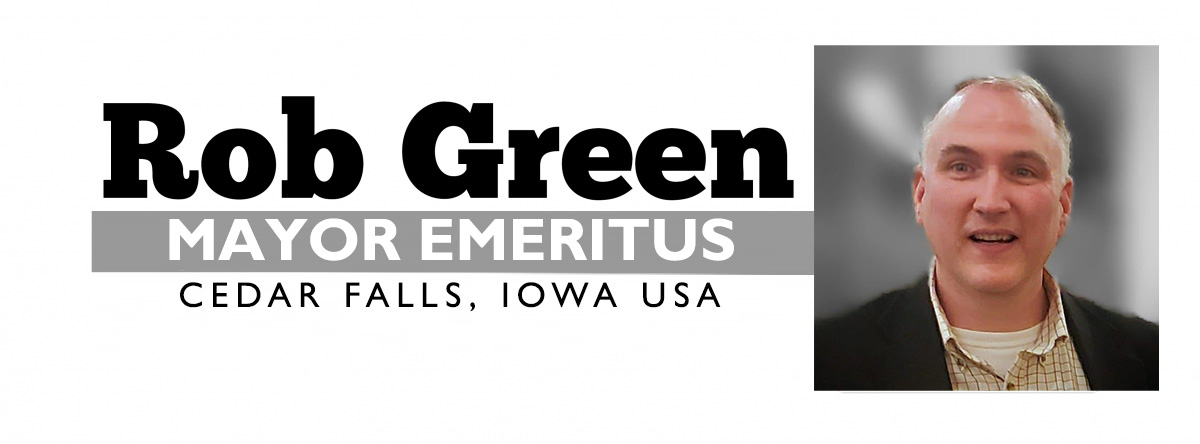Below are the comments I made in the Public Comments section of the 11/5/18 Council meeting.
Last year, during my council campaign, I was informed that the addition of PSOs would augment -- not replace -- our career firefighters. I was fine with this because as a commissioned Coast Guard officer, I learned first-hand that redundancy is more important than efficiency. But recently, I found out -- through a Courier article -- that not only are PSO’s replacing firefighters, but they’re also being put in supervisory positions over them. Moreover, the Mayor and city staff state that they are following Council Directives to do this.
I would like to know what these directives are, because the guidance found in our annual Council Goals document are fairly ambiguous, stating only to:
- Expand the public safety officer program and other cross-training programs for employees to improve service without increasing staffing, and
- The Fire Chief is encouraged to exercise his management authorities to implement a fire station staffing plan.
I don’t believe these general statements can be used to justify the kind of major staffing changes we’ve seen in the last month in response to five firefighters quitting. If more detailed council directives exist, I’d like to know what they are. Actually, I need to know what they are, because, by law, the City Council is responsible for the safety of Cedar Falls residents.
Section 2-631 of the city code states specifically,
“All final authority over the administration and policy of the Public Safety Services Department shall be retained and exercised by the city council.”
This sentence is a reminder to Council that we have a special duty to remain vigilant about how public safety - whether it’s fire response, medical calls, or police tactics -- is carried out in name of the residents we represent.
For me, this responsibility comes down to having a specific council-approved plan. I’m highly concerned that I can’t tell residents what to expect public safety to look like in five years. I’m concerned that I’m learning of changes to this critical program in the newspaper. I’m left asking, with these changes to Public Safety, where will we be when we get to where we’re going? And how will we know we’ve gotten there? As residents and taxpayers, you deserve to know the city’s answer to this, and your City Council has a clear duty to find out. Otherwise, the Council risks abdicating its public safety responsibility to an unelected Public Safety Director -- and effectively handing him a blank check.
For that reason, I ask the council to support the development of a Public Safety Five Year Strategic Plan, similar to plans developed by Public Safety departments around the country. A detailed plan that acknowledges the stated concerns, and allows residents to understand -- after public input, solid research, and council approval -- where we’re going, when we expect to get there, how we’ll do it, and why. The residents we represent -- and our public safety professionals -- deserve no less. Failure to do so risks more of what we’re seeing before us tonight.

